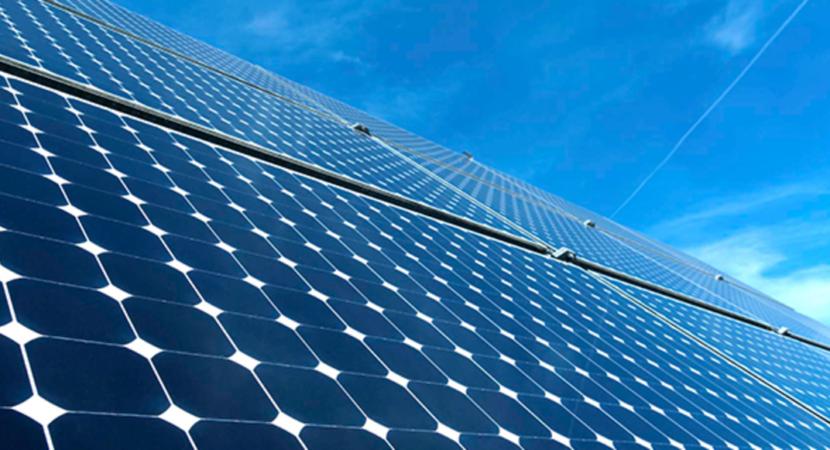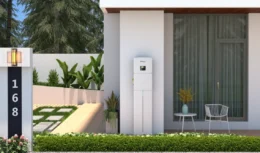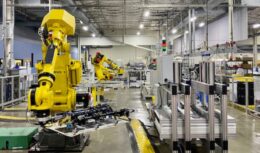
The year 2021 will start very well for the state of Paraná, government buildings will produce their own electricity through solar panels
With the aim of improving the energy matrix of the state of Paraná, more than 200 buildings in the state will be able to generate their own electricity through solar panel technology, the pioneering project in Brazil has already become the second largest in the world.
Read also
246 buildings and more than 300 solar panels in Paraná
The project in Paraná so that public buildings can generate their own electricity using solar panels is still a pioneer here in Brazil, but even so it has become one of the largest in scope in the entire world to date.
The electricity project will cover more than 200 public schools in Paraná, this renewable energy project is the result of a partnership between the companies Copel, Paranacidade, an agency of the State Secretariat for Urban Development and Public Works Public Works, Fomento Paraná and Green Building Council Brazil (GBC Brazil).
Zero energy concept and many solar panels to generate electricity
The lack of adequate rainfall in Paraná experienced in recent months, in addition to jeopardizing the water supply, puts the generation of electricity at risk. This growing concern ends up driving the search for sustainable solutions for both water storage and renewable energy and zero energy, and solar panels can help with this issue.
The concept of zero energy with the use of solar panels has been gaining more and more strength in the renewable energy scenario to the point of becoming a research topic in Brazilian universities such as the Federal University of Santa Catarina and Unicamp that seek to develop technologies capable of making energy more efficient. production and consumption of this type of energy.
Future of civil construction is in zero energy
For researchers from renowned universities, such as the University of Florida, zero energy is the future of civil construction and a tendency to become the norm. The United States, Japan and some European countries already have legislation that makes it mandatory that, from 2020, public buildings become zero energy.
The CEO of GBC Brasil, Felipe Faria, highlighted that the electricity project in Paraná stands out for uniting different institutions that think about energy efficiency in a global way. “The highlight is the mastery with which the project deals with the issue of energy efficiency, starting with a diagnosis before moving on to energy production. Buildings will operate more efficiently, and then move on to generation,” he said.











